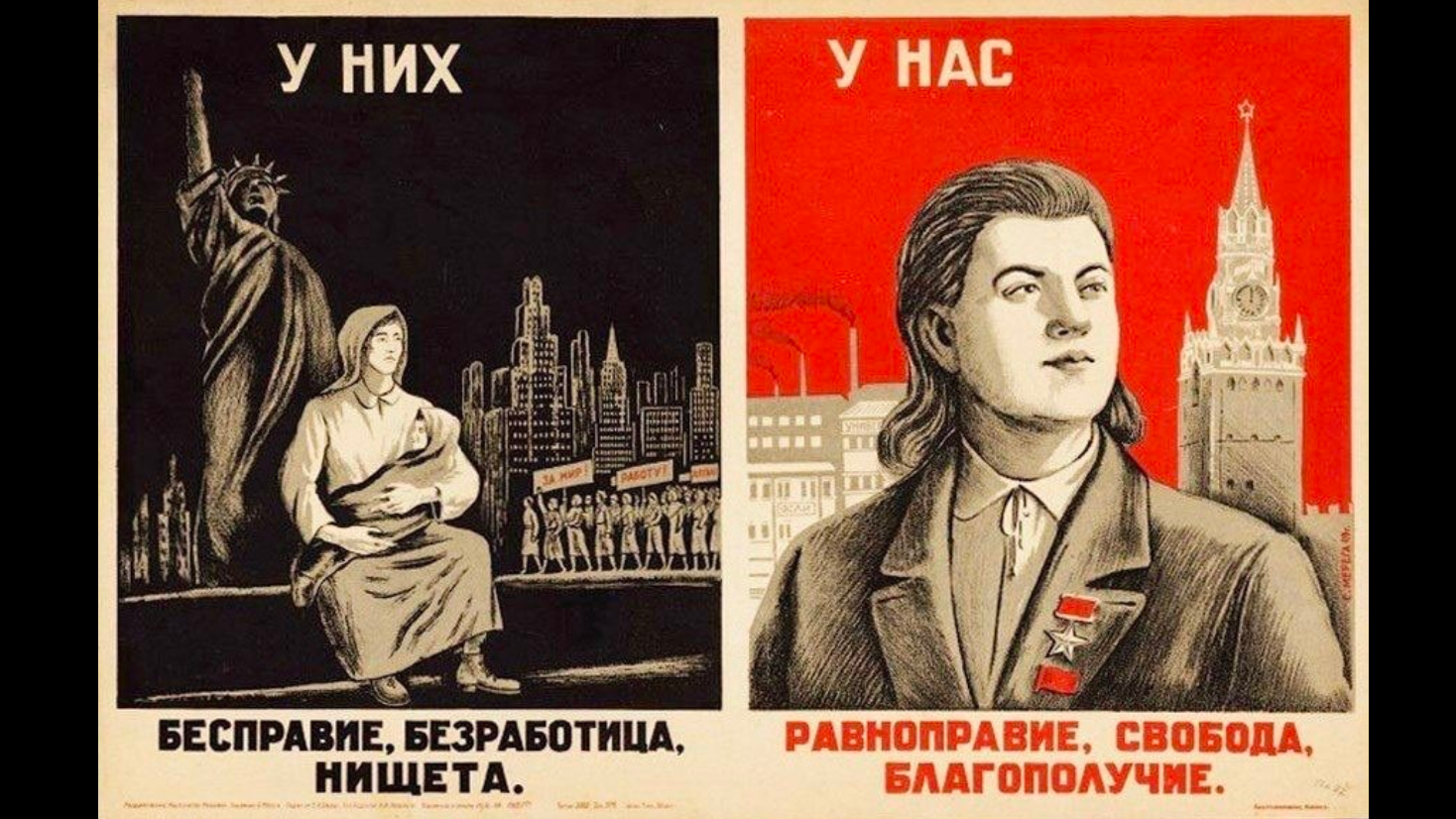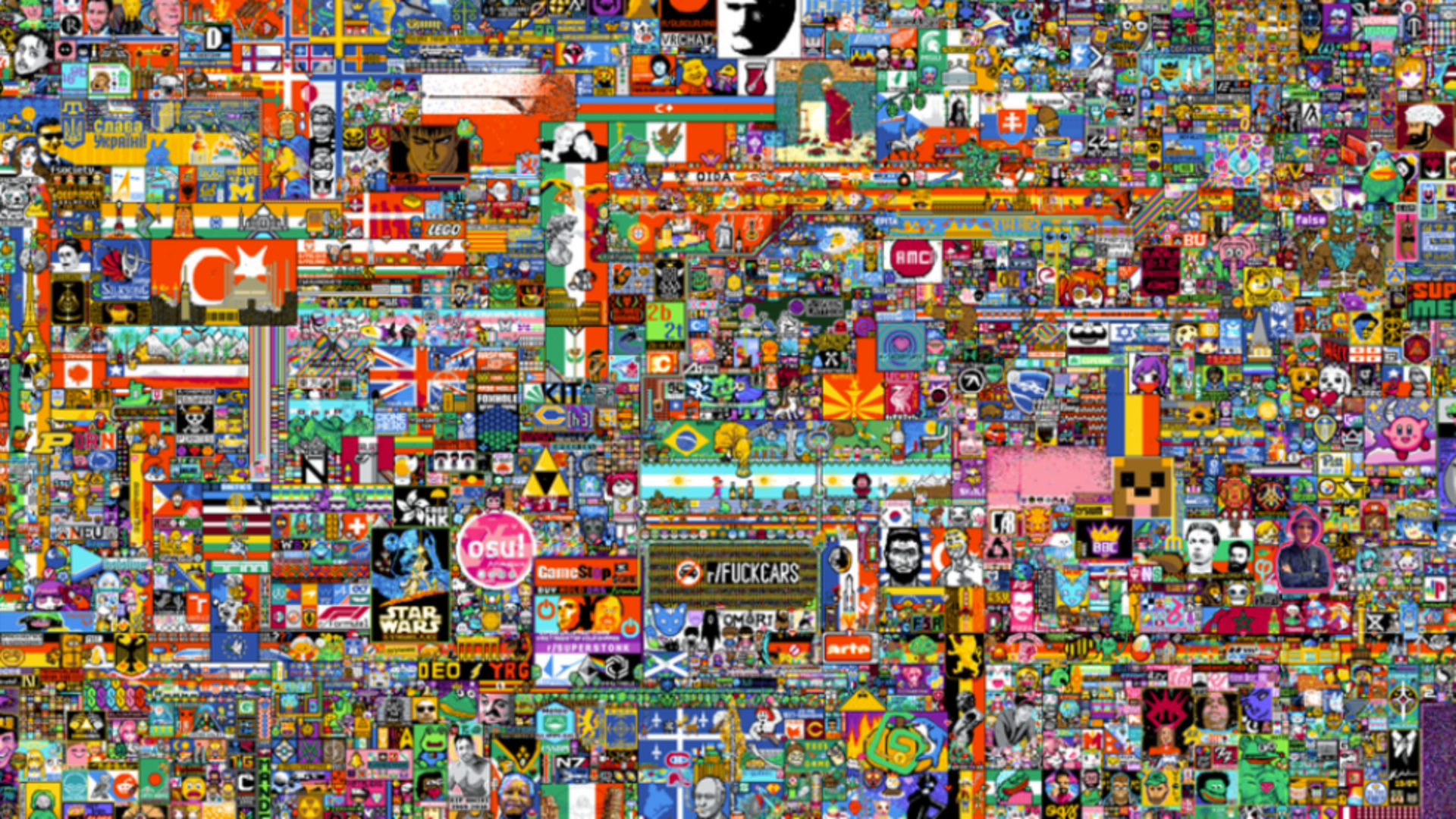Category:Basic Economics


This Christmas, blame supply and demand for your expensive gifts
December 13, 2023 | Post
Even Santa’s elves can’t repeal the laws of supply and demand.

How minimum wage laws harm and exclude
December 1, 2023 | Post
Instead of elevating living standards and safeguarding workers from poor conditions and low pay, minimum wage laws lead to unemployment and limit job opportunities. Let’s look at how…

Globalization: a curse or a blessing?
September 14, 2023 | Post
For far too long, the fixed pie fallacy was the most widely held belief. When wars over resources were too costly to fight, society (not understanding that the ultimate resource is the human mind) went back to the good old trade wars of the mercantilist era. But something changed after the Second World War when Japan took a different path.

Five books to understand Austrian economics
August 4, 2023 | Post
Ready to explore the fascinating world of Austrian economics? This article has got you covered! Whether you’re new to the subject or eager to learn more, we’ve handpicked five essential books just for you.

A history of money and the gold standard
July 28, 2023 | Post
The history of money is a story of human ingenuity and economic evolution. From the early days of bartering to the unfortunate establishment of fiat currency to a future rippling with potential thanks to cryptocurrencies, the concept of money has endured a wild ride.

Five books to understand classical liberalism
July 6, 2023 | Post
Ready to dive into the captivating world of classical liberal literature but not sure where to start? We’ve got you covered! Whether you’re new to the world of classical liberalism or seeking to expand your knowledge, these five books are key to unlocking a deeper appreciation of its core tenets.

Why is Africa poor? Is colonization the root cause?
June 16, 2023 | Post
“Colonization is why Africa is so poor” is something I hear all the time. But it was not until recently that I realized: This impulsive defense of Africa is far from the full truth.

Don’t be fooled, life in the Soviet Union was awful
June 5, 2023 | Post
In this first piece of a series addressing myths about the Soviet Union, we will focus on the issues of poverty, inequality, and quality of life…

Why disasters should remind us of Bastiat’s wisdom
April 24, 2023 | Post
Disasters, such as the horrific earthquake that hit Turkey and Syria in February 2023, bring up a recurring myth — one that demands the wisdom of Frederic Bastiat.

Minimum wage laws deny low-skilled workers their autonomy
March 20, 2023 | Post
Do minimum wage laws help low-skilled workers? No. Workers are thrown out of work if they cannot produce more than the minimum wage stipulates. If the minimum wage is $15/hour and a worker can only produce $13/hour worth of goods, they will not be hired since no profit-seeking employer would employ someone at a loss.

Why some countries succeed and others don’t
March 6, 2023 | Post
Why are some countries successful while others aren’t? Is it down to natural resources, colonialism, or can it be better explained by something else?

A foot in the door? Australia’s real housing crisis, exposed
February 22, 2023 | Post
Housing affordability has become a plague on Australia’s economy, and government policy here has ensured that no matter what happens, people — especially the least well off — will continue to get hurt. Let’s take a look at the reasons behind Australia’s housing crisis…

Rob Your Neighbor: the philosophy of publicly funded projects
December 19, 2022 | Post
The philosophy involved in Rob Your Neighbor, a game many families play at Christmas that involves buying generic gifts to be chosen at random, mirrors the public model of taxation.

How to prepare yourself for hyperinflation: tips from the Venezuelan experience
December 8, 2022 | Post
While true hyperinflation does not happen often, it’s always good to know the measures you could take to overcome the challenges presented by hyperinflation if ever it occurs in your country (and the chances are never quite zero.)

The top five reasons why socialism doesn’t work
November 30, 2022 | Post
The socialism vs. capitalism debate is tired and stale. If you look at any media on the topic, you’ll find people rehearsing the same, boring arguments. “Socialism doesn’t work because human nature is flawed! Socialism doesn’t work because nobody would be incentivized to work! Socialism is inefficient!” Of course, these statements are true. However, they are not convincing for those who don’t believe them. Next time you find yourself into a debate, use these arguments to tackle the root cause of what you’re discussing…

Why economics is not just graphs and charts
November 29, 2022 | Post
In economics, unlike in math, constant relations not only are not possible, but can’t exist. Because economics involves the behavior of human beings, not numbers or inanimate objects.

Socialism: the failed idea that never dies
November 21, 2022 | Post
Why have socialist ideas become so attractive again, despite the fact that all socialist experiments, without exception, have failed over the past 100 years? The 2019 book by Dr. Kristian Niemietz, ‘Socialism: The Failed Idea That Never Dies,’ provides convincing answers.

Why was this year’s 4th of July cookout so expensive?
July 5, 2022 | Post
According to a survey from the American Farm Bureau Federation, the cost of an average 4th of July feast is up by 17 percent from 2021. Why is this?

Can limited forms of welfare enhance freedom in the short term?
May 26, 2022 | Post
Unfortunately, a free market is not something that appears overnight, so what do we say to those who do not have equal opportunities as things stand?

Favelas and rental cars: lessons about property rights
April 26, 2022 | Post
What lessons can we learn about the importance of property rights from examples such as rental cars and Brazil’s favelas?

Five myths about inflation
April 12, 2022 | Post
In order to be able to address the root problems of inflation, we need to dispel some common myths. Here are our top five picks:

How a Reddit April Fools’ joke can explain spontaneous order
April 7, 2022 | Post
Reddit created an open, collaborative canvas where anyone can paint, but the only way to render a cohesive image is collaboration through spontaneous order.

How do we justify property rights?
March 25, 2022 | Post
John Locke and David Hume are two thinkers who provided a robust defense of property rights, and their arguments are markedly different.

Legends of Liberty: Carl Menger
December 20, 2021 | Post
Here’s a brainbuster for you: The product on the left will help keep you alive for 6-8 weeks. It costs $4.49. The other is nothing more than pretty to look at. It costs $161. Why? This paradox — the water-diamond paradox — troubled some of the world’s greatest minds. Plato wondered about it; Copernicus and […]

